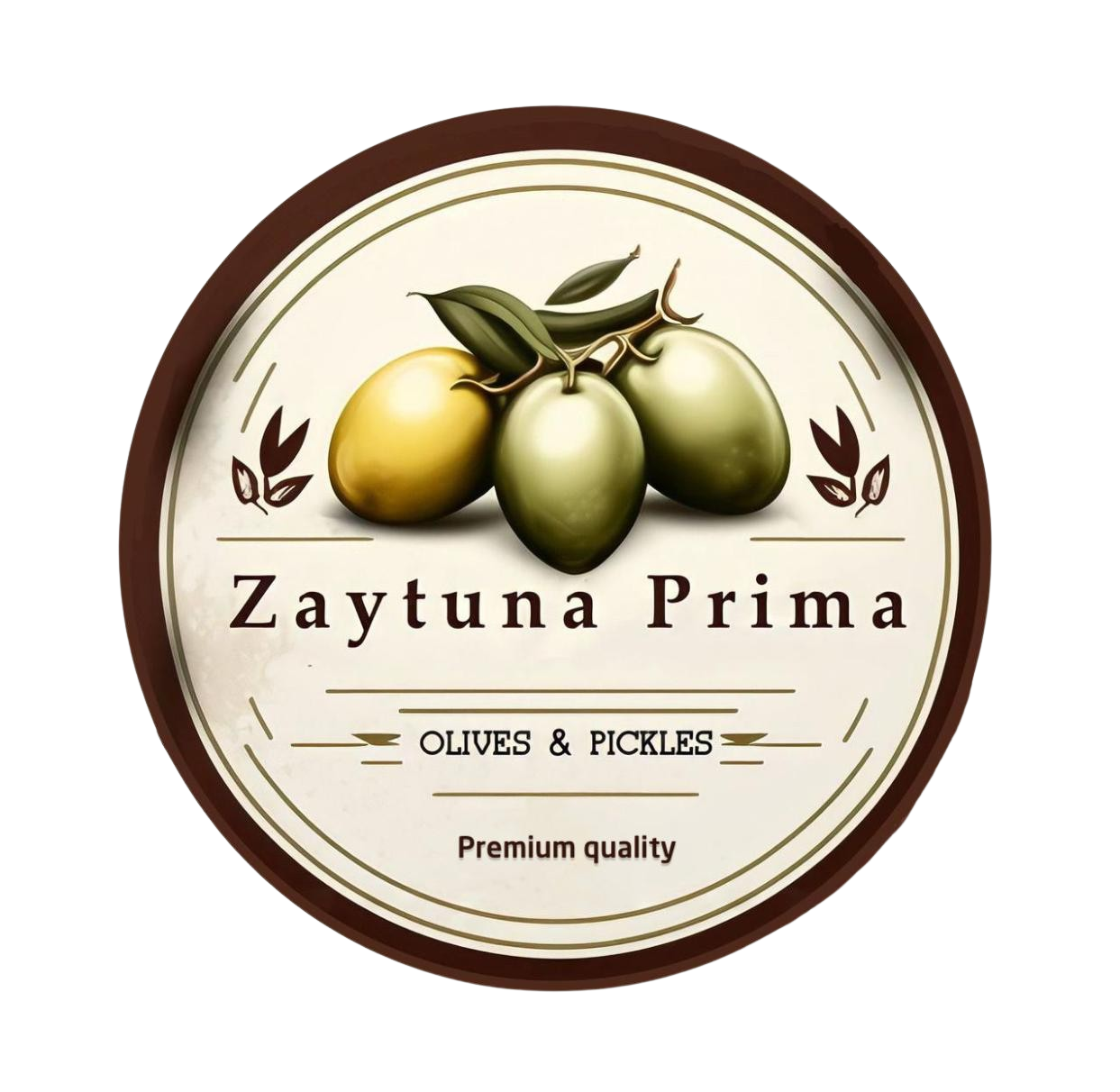Olive exports have been on the rise in recent years, as more and more people around the world discover the health benefits and delicious taste of this versatile fruit. Olive oil, in particular, has gained popularity for its numerous health benefits and culinary uses.
One of the main reasons for the increase in olive exports is the growing demand for healthy and natural products. As people become more conscious of their health and well-being, they are opting for healthier alternatives to traditional cooking oils and fats. Olive oil, with its high content of monounsaturated fats and antioxidants, fits the bill perfectly. It is not only a healthier choice but also adds a unique flavor to dishes.
Another factor driving the growth of olive exports is the increasing popularity of Mediterranean cuisine. Olive oil is a staple ingredient in Mediterranean cooking, known for its simplicity and use of fresh, high-quality ingredients. As people around the world embrace the Mediterranean diet, the demand for olive oil and other olive products has skyrocketed.
Furthermore, olive exports have been boosted by the efforts of olive-producing countries to promote their products internationally. These countries, such as Spain, Italy, Greece, and Tunisia, have been actively participating in trade fairs and exhibitions to showcase their olive products to a global audience. This has helped create awareness and generate interest in olive oil and other olive products.
The benefits of olive oil are not limited to its culinary uses. It is also widely used in the cosmetic industry for its moisturizing and anti-aging properties. Olive oil-based skincare products, such as soaps, lotions, and creams, have gained popularity for their natural and nourishing qualities.
Despite the increasing demand, olive exports face some challenges. One of the main challenges is the competition from other vegetable oils, such as soybean oil and canola oil. These oils are cheaper to produce and are widely available, making them attractive alternatives to olive oil. Additionally, the production of olives is highly dependent on weather conditions, and a poor harvest can impact the supply and prices of olive products.
In conclusion, the growing trend of olive exports is driven by the increasing demand for healthy and natural products, the popularity of Mediterranean cuisine, and the efforts of olive-producing countries to promote their products internationally. Olive oil offers numerous health benefits and is a versatile ingredient in both culinary and cosmetic applications. Despite the challenges, the future looks bright for olive exports as more consumers embrace the goodness of olives.
